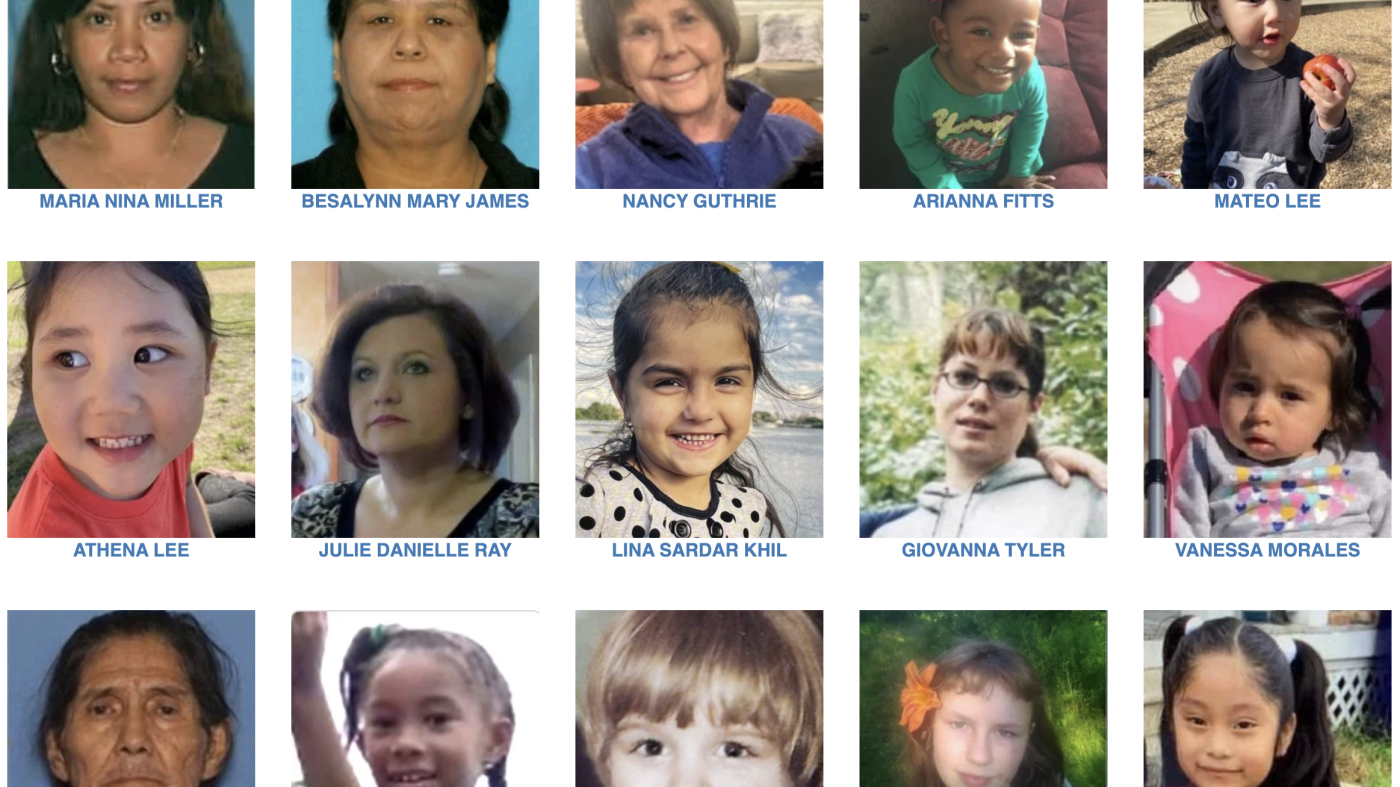HONOLULU (HawaiiNewsNow) – A $100 million COVID testing program organized by a central figure in an ongoing donations scandal is facing new scrutiny with critics calling the effort a wasteful use of taxpayer money.
Tobi Solidum organized a plan for the National Kidney Foundation Hawaii to become a city contractor for testing with subcontractors including his own company and H2O Process Systems, owned by his friend, Milton Choy.
Choy was later convicted of bribing former state Sen. Kalani English and Ty Cullen for other favors.
In November 2021, the city paid nearly $20 million to bring in a customized testing lab inside a shipping container and start running a rapid test service at the airport with tests costing $120 each.
Testing program called unnecessary
Former mayor Kirk Caldwell said the program was designed for island residents who wanted to “come down here, park, get swabbed, wait three hours.”
At the time, the city and Kidney Foundation said they were responding to a lack of rapid testing capability.
But Dr. Scott Miscovich, who led many other testing programs, said by the time the portable lab was delivered, there was plenty of testing available at lower costs.
The city program, which would eventually cost taxpayers and customers over $100 million, was a boondoggle, he said.
“It was just greed and the whole concept of easy money was being floated around, and everybody just said, ‘I’ll stick out my hand and just put in as much into my hand as you can as you go,’ and grab the big amount,” Miscovich said.
Company files bankruptcy, cites problems
The mainland company that stood to gain the most, Contact Diagnostics, filed for bankruptcy last year.
The company called the program “chaotic” and said Hawaii officials urged the company to buy way too much testing supplies, which mostly went unused as vaccination increased and home testing became available.
The company said Solidum overbilled $7 million and left the country. He also caused trouble with his donation to Lt. Gov. Sylvia Luke, which was recorded by Cullen and cited in a federal sentencing document. He also allegedly bribed Cullen.
The Kidney Foundation later produced a video that described the testing program as heroic and featured reviews from politicians and former adjutant general Kenneth Hara.
“They organized, and they resourced themselves, and they brought this capability to Hawaii,” Hara said in the video.
Foundation attorneys offered a link to the video when asked for comment.
Miscovich said the effort was a tremendous waste compared to how local companies like his performed.
“I lost $1.2 million doing testing in the state of Hawaii. I did not make money in the state of Hawaii doing testing. We just put ourselves out there to help, and we relied on the insurances to pay,” Miscovich said.
Milton Choy died in prison. Attempts to reach Tobi Solidum through a company he may have set up in the Philippines were unsuccessful.
Previous coverage
Copyright 2026 Hawaii News Now. All rights reserved.









































